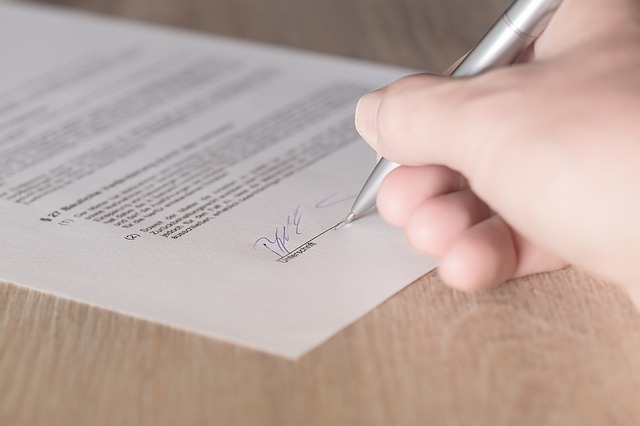


The situation is quite commonplace: a person or persons has spent years developing a business which over time has built up a loyal client following.
Its practices are streamlined, it has a ‘system’ which more or less runs itself and as such is ready to be bought ‘off the shelf’ and be operated by a new owner. You don’t even need experience to run the business; you just keep doing what has been done in the past and the money will come rolling in.
What should the prospective buyer look at before parting with cash to buy the money-printing business?
The first thing always is to consider the business’s accounts. This is not a legal question but an accounting one. It is essential you have an accountant consider the business’s accounts to look for peaks and troughs and anything which may affect your decision to purchase the business. They will also be able to advise you on the reasonableness, or otherwise, of the price being asked for the business.

Pictured: "It is essential you have an accountant consider the business’s accounts."
Legal questions, however, are important and I would always recommend you appoint a lawyer along with an accountant. This may depend on the type of business you are buying, and the price which you are paying.
One of the most important matters is to find out if the business is an actual company, or if it is simply a ‘business’ which in effect is no more than a ‘registered name.’ There is nothing wrong with either set up, but it will determine what other matters you need to investigate before you part with your money.
A limited company is a ‘thing’ with its own legal status. In other words, it is regarded by the law as a person. Unlike natural people it can go on living forever, provided it fulfils the required steps. But, like a person, a company can owe debts and obligations to others which a ‘registered business name’ cannot. Care must be exercised when buying a company that either you ensure no debts are owed (not an easy task) or you obtain guarantees from the seller which your lawyer considers can be relied upon.

Pictured: "It goes without saying, just like buying a house, what are you getting for your money?"
It goes without saying, just like buying a house, what are you getting for your money? Does the business have assets? If so, are you to obtain all of those on purchase? More importantly: if you are purportedly obtaining those assets, does the business actually own them? Your lawyer will need to make sure they are not the property of a third party.
Does the business have any staff and are those staff going to continue in their employment when you take over? Staff are often central the success of a business and you should ensure the smooth running of the business will continue. Also take into account your responsibilities to staff as their employer: if you are buying a company and the company employs those staff, the company will be responsible to those people and you need to understand those responsibilities.
What assurances do you have the seller is not going to start up a rival business against you straight away? The last thing you want is to part with a lot of cash for a business only to find the seller immediately starts up in competition with the benefit of many years’ experience and contacts. You will need to consider appropriate clauses in the contract to make sure you are protected from such events.

Pictured: "I would always recommend you appoint a lawyer along with an accountant."
Does the business have premises, and if so, are they rented? Will you, as the new owner, be allowed to continue in those premises or will you need to locate somewhere new? Does the business have the benefit of particular licences or permissions from government, and if so, can these be transferred or will you have to apply anew? If so, how can you be sure you will have them granted?
All of these are just some of the standard questions that you will need to consider in any business purchase.
While some transactions are very basic and can almost be done with a shake of a hand and no more, some are far more complicated and for that reason, if you are considering buying a business, no matter how much you trust the seller, make at least one trip to your lawyer even if it is simply to ask if you need to involve him or her.
That one trip may save you a lot of heartache and financial misery further down the line.
This article first appeared in Connect Magazine, which you can read by clicking here.
Comments
Comments on this story express the views of the commentator only, not Bailiwick Publishing. We are unable to guarantee the accuracy of any of those comments.